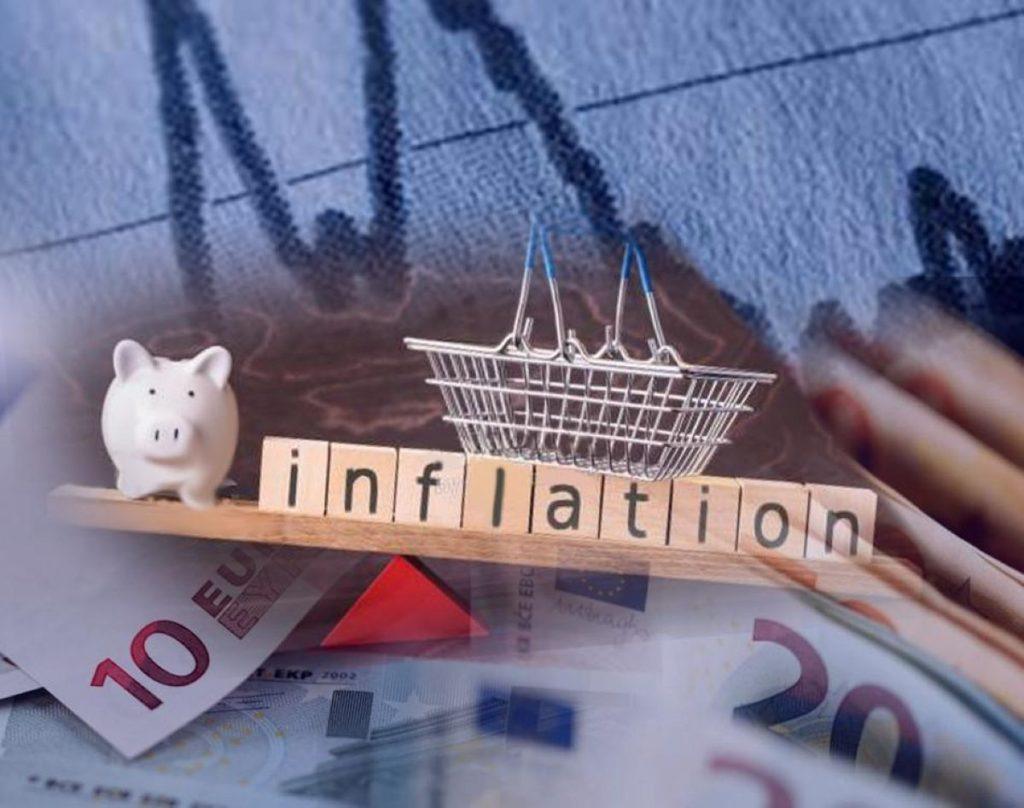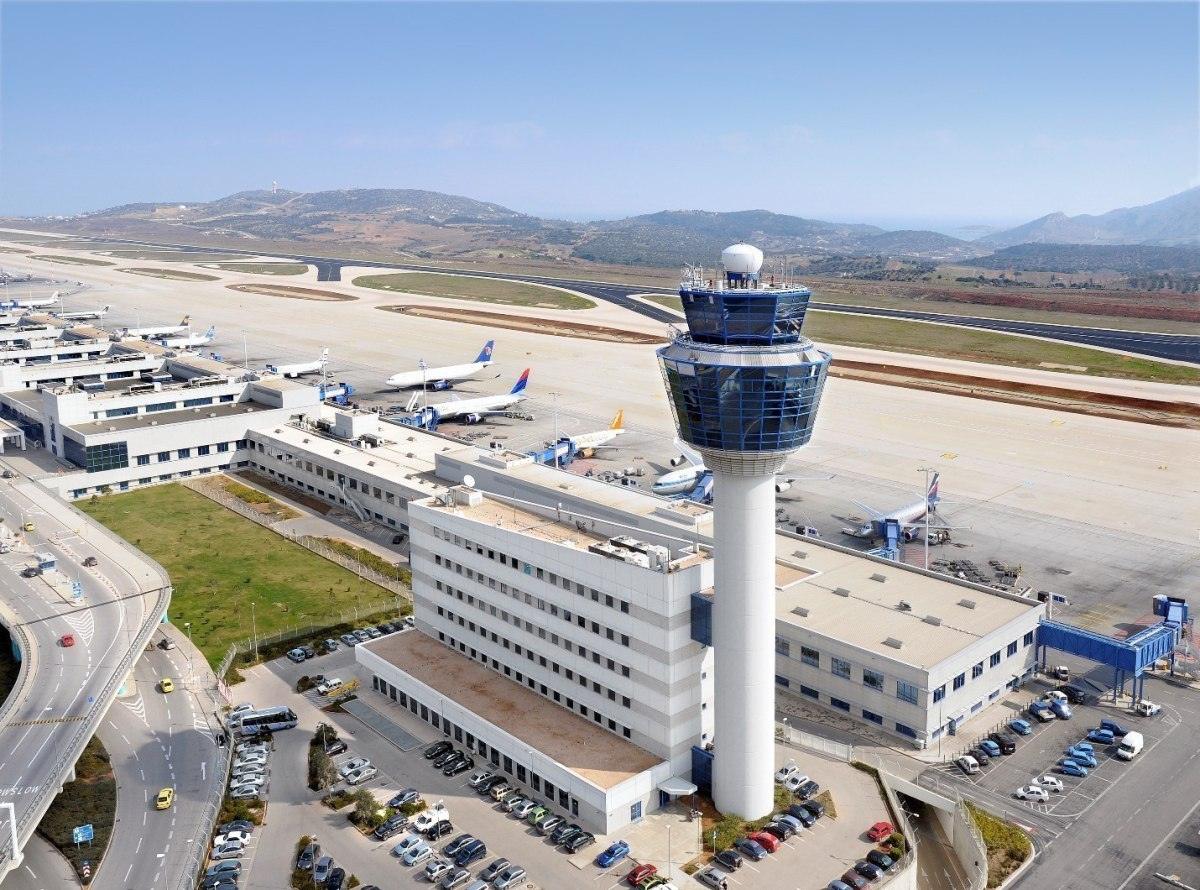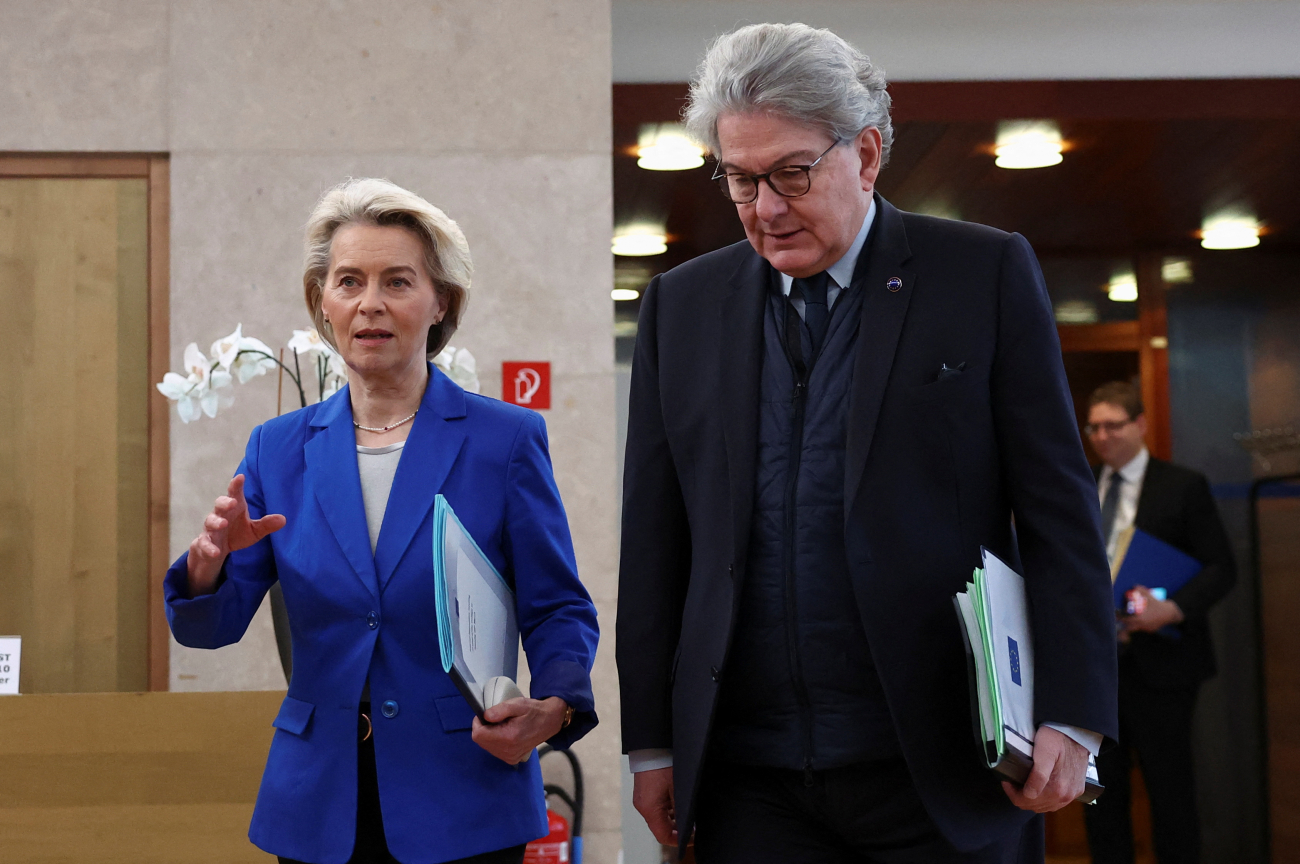Drug shortages bring despair to pharmacists and patients every day, with over 400 essential medicines missing from the market, leaving patients unable to meet pressing needs. The missing drugs concern chronic conditions such as diabetes, epilepsy, mental illnesses, while some categories of drugs that are in short supply are anticoagulants, painkillers, antibiotics, etc.
The causes of the problem are attributed weak links throughout the drug chain to another, with the fact that it remains without a solution and with limited interventions by the state, as control mechanisms are lacking.
Speaking to in.gr about the issue of shortages, the president of the Panhellenic Pharmaceutical Association, Apostolos Valtas, spoke of problems in the production of drugs and their dispensing devices (such as aluminum devices for respiratory drugs), resulting in shortages even in large countries of central and northern Europe, such as England, France, Germany, Spain.
According to Mr. Valtas, these problems have reduced the available quantities in our country by 30% compared to last year or the year before.
To these reduced quantities, parallel exports are also added, which remain uncontrolled since the wholesale profit has been reduced to 4.7%, when from the export of certain medicines the profit can bring pharmaceutical warehouses profits from 30%-200%.
As the president of the Pharmaceutical Association pointed out, in a recent meeting with the leadership of the Ministry of Health, the Association divided the medicines in short supply into 3 categories:
• those facing reduced availability at a given time due to parallel exports,
• those imported by public Pharmaceutical Research and Technology company (IFET S.A.) and for which there is no timely planning with the result that the market is not covered in the end and
• the 74 medicines recognized by the National Pharmaceutical Organization-EOF as being in short supply, due to production problems announced by the pharmaceutical companies.
The Pharmaceutical Association has proposed a 9-month ban on parallel exports of medicines that are in short supply, while stressing that it has delivered a relevant request to EOF for declaring the medicines in shortage and informing doctors when prescribing them, that the specific medicine to be prescribed is probably in short supply.
In addition, it proposes the establishment of full control regime throughout the drug chain from production to retail sale, in order to identify the real reasons for shortages.
Quantities
In order to increase the availability of medicines from the side of the pharmaceutical industry, the general director of the Hellenic Association of Pharmaceutical Companies
Michalis Chimonas noted that on average, the purchase of medicines at the pharmacy has increased this year by 6.3% in terms of value and at hospitals by 12.5%. In the hospital market there are no shortages, while in the pharmacy market there are.
In order to confirm the available quantities, Mr. Chimonas noted that from May 2016 onwards, the pharmaceutical industry declares daily to the EOF how many drugs it distributed per customer and per drug code. But there is no corresponding transparency arrangement for the rest of the drug market partners, which would show exactly where the problem is.
He added that innovative drugs are on average 50% cheaper in Greece than in other European countries, while compared to Germany they can be only a quarter of the price, creating conditions for parallel exports. And he noted that as soon as there is an export ban for six months, by decision of the EOF, the shortage problem will disappear.
Production shortages
The president of the Panhellenic Association of Pharmacies, Irini Markaki, focused on the reduced availability of medicines, stressing that there are shortages all over Europe and based on research by the European Union of Pharmacists, pharmacists lose 8 hours a week looking for medicines that are in short supply, with Denmark , the country with the most expensive drugs, facing shortages of 800 drugs.
Referring to the shortages in industrial production, Ms. Markaki pointed out the production of active substances in Asia and especially China, where the pandemic created major shortages, which can now be seen, due to the depletion of older stocks.
Speaking about the Greek market, she focused on the increased clawbacks and rebates that lead the pharmaceutical industry to reduced availability compared to previous years, in order to minimize the burden on businesses.
Exports
As for parallel exports, Ms. Markaki emphasized that this is a legal procedure that contributes to the liquidity of the sector, which in 2014 suffered a reduction in its profit rate by half, reaching 4.6%. These exports are declared to EOF, and range between 300-400 million per year.
However, she emphasized that there are also irregular exports with the purchase from pharmacy to pharmacy, which are estimated to be equal in amount, but it is not possible to determine because they are not declared to EOF.
In conclusion, Mrs. Markaki underlined that 50% of the medicines traded in the country are available in pharmacies through the cooperatives, which have pharmacists as members, and yet, the problem of shortages continues to exist.
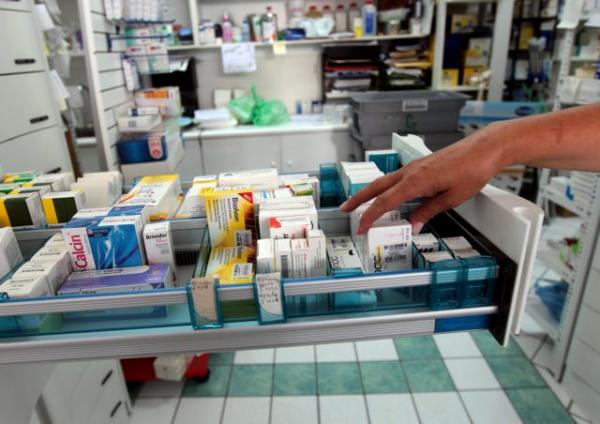











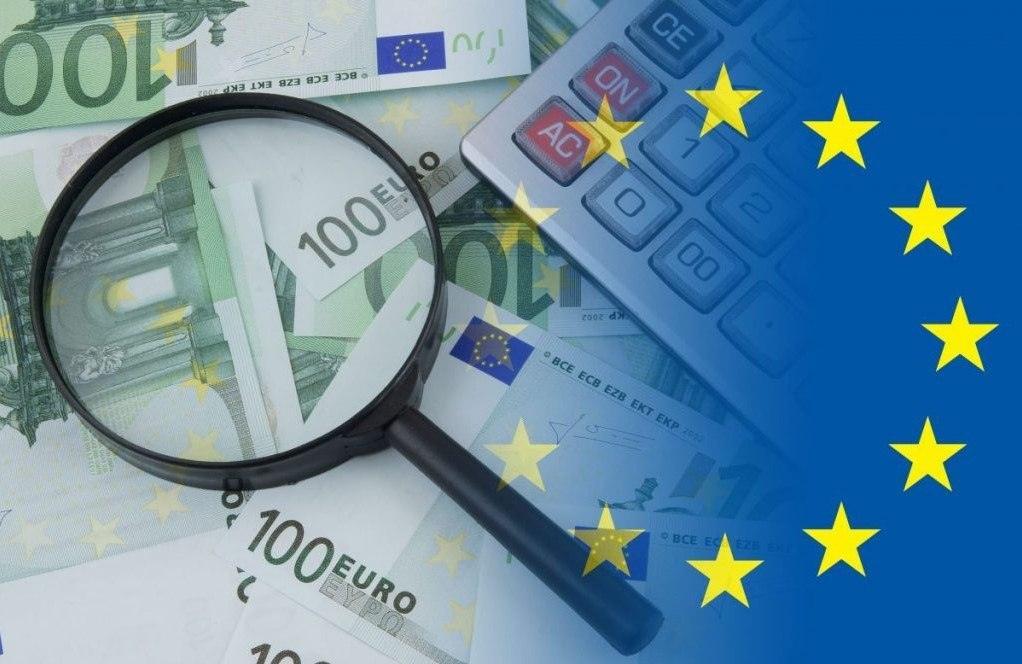


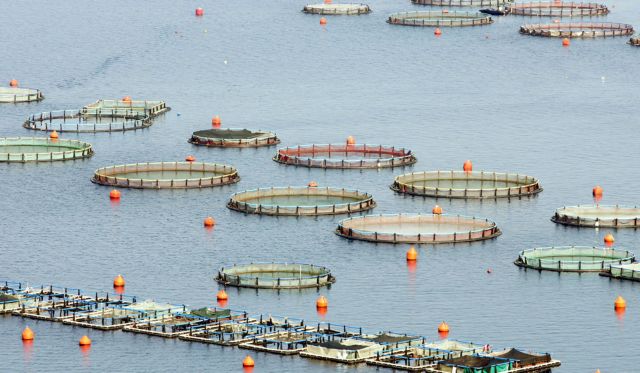
![Επαγγελματικά ακίνητα: Στα ύψη οι τιμές ενοικίασης – Οι περιοχές [πίνακες]](https://www.ot.gr/wp-content/uploads/2025/12/graf-1024x551-1.jpg)
